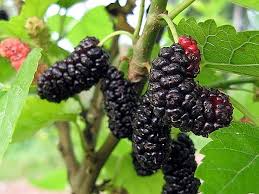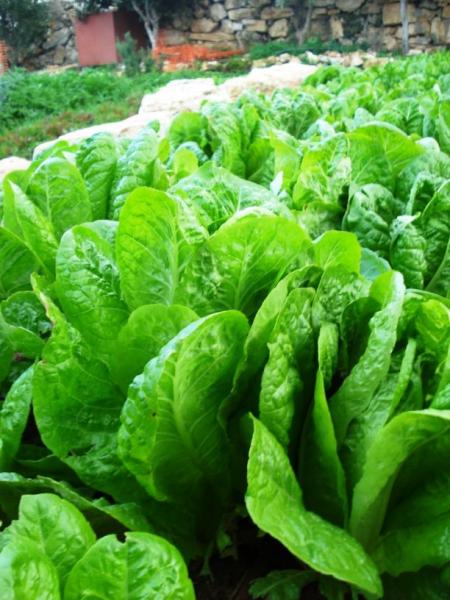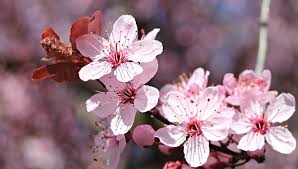We love delicious food, and we love healthy food. If the two can be combined – even better.
There is a new trend of foods called “super foods”. They contain rare nutrients that are essential to the body, large amounts of vitamins or minerals, antioxidants, aging inhibitors, immune system enhancers, mood lifters and other substances that make our body feel better. Examples of these can be found in all categories: organic fruits, organic vegetables, berries, even seaweed. Also cocoa beans, kale leaves, blueberries, spirulina, and yet another one that grows right in our backyard and is responsible for a multitude of wonderful childhood memories of dirty little hands and mouths full of happiness. The mulberry tree.
For us humans the mulberry fruit is a small delicious addition to our diet. There does exist a small creature for whom it is the main component: the silkworm. In China there are huge plantations for this purpose only – to satisfy the appetite of this caterpillar, which will enter the pupal phase of its lifecycle, and enclose itself in a cocoon made up of precious raw silk.
The mulberry tree has other uses too: a certain mulberry specie is used to produce paper, and because it is a deciduous tree with an impressive mane of branches and leaves (it also grows very quickly as a young tree) it is used in ecological garden planning. The tree can be planted beside the house where there is more sun in the summer. In this way the tree will shade the house during the hot season, and will allow it to get more sun during the winter when the tree stands naked with no leaves. During the spring-summer season the tree attracts a celebration of many happy insects who tend to get slightly sugar-drunk from the juicy sweet berry. Hence, it is not recommended to put the tree anywhere that these insects may be a nuisance or even near the parking area.
The fruits are either red, deep red or white. There is also the Pakistani specie, which is similar but very loooong. The tree is common in China, Japan, Korea, Tibet, Mongolia, India and some of the species also in South and North America. The Chinese, who were the first to grow the tree and discover the virtues of the fruit, believe that it is good for strengthening the spleen and stomach, to relieve menstrual pain in women, to treat high blood pressure and also to strengthen hair in case of hair loss.
In Western medicine, where the various components of the fruit are examined, it is recommended because it is rich with nutritional fiber (which assist the normal functioning of the intestines) and with vitamins and minerals: vitamin K, vitamin C, vitamin E, potassium, iron and a series of antioxidants that help protect the body against heart diseases and cancer and reinforce the immune system. It has a multitude of other good components that help maintain a stable level of blood sugar and balances the bad cholesterol versus the good cholesterol (LDL vs. HDL).
Like other small, beautiful and delicious fruits, the mulberry season is short too. The fruit ripens in May, filling a mature tree with a huge amount of fruit, which soon begins to attract insects, fruit bats and the neighbors' children. Within two to three weeks the season is over.
In order to not miss out on all this good, we recommend to make an effort and pick as many as you can, although it may get messy…. You can later invite friends to indulge together, prepare shakes, cocktails and ice cream and juice for the rest of summer. It so great to have pre-prepared delicious and refreshing mulberry ice cubes when it's so hot outside.
To health!
Yours,
The Garden Team
We can expect to receive in our organic vegetable baskets (draft only):
Lettuce
Tomatoes
Cucumbers
Potatoes
Onion
Carrot
Parsley
Turmeric
Beets
In the LARGE vegetable baskets also:
Pumpkin
Cilantro
Cabbage
In the organic fruit baskets:
Melon
Red Grapefruit
Oranges
In the LARGE fruit baskets also:
Bananas
Sweetie












